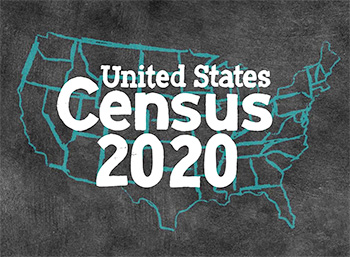By Jim Ellis — Monday, Sept. 18, 2023
Senate
South Carolina: Budding 2026 Primary Challenge — US Rep. Ralph Norman (R-Rock Hill) is confirming reports that he is considering challenging Sen. Lindsey Graham in the 2026 Republican primary. Rep. Norman, elected in a 2017 special election after winning six terms in the state House of Representatives, is a leader in the House Freedom Caucus. If he does run, he will oppose Sen. Graham from the party’s right flank.Utah: AG Won’t Run — Immediately after Sen. Mitt Romney (R) announced he will not run for re-election, speculation about who might enter the race began running rampant. The two who appear as sure candidates are state House Speaker Brad Wilson (R-Kaysville) and Riverton Mayor Trent Staggs (R). One individual who rather surprisingly has already taken himself out of the Senate race is Attorney General Sean Reyes, who at one time was thought to become a Romney primary challenger. Late last week, Reyes said he will run for re-election as attorney general, thus bypassing the open Senate race.
West Virginia: Manchin Contemplating Party Exit — Reportedly, West Virginia Sen. Joe Manchin (D), who has not yet decided whether to seek re-election, make a third party run for president, or retire from politics, is also contemplating leaving the Democratic Party. Therefore, if he does run for office again a strong possibility exists that he will do so as an Independent.
Sen. Manchin faces a difficult re-election run as the West Virginia Democratic Party’s status has weakened considerably since he was last on the ballot in 2018. The senator was originally elected in a 2010 special election. He has served as West Virginia’s governor, secretary of state, and in both houses of the state legislature, all as a Democrat. West Virginia continues to be rated as the Republican’s top conversion Senate opportunity. Both Gov. Jim Justice and US Rep. Alex Mooney (R-Charles Town) are competing for the Republican nomination.
States
Census: Estimates Released — The Census Bureau has released new population growth statistics for the 50 states, Puerto Rico and the District of Columbia. The fastest growing states for the period ending July 1, 2022, are Florida, Idaho, South Carolina, Montana, and Texas. The states losing the most population are New York, Louisiana, Illinois, California, and West Virginia. The population numbers are determinative to the number of congressional seats each state will possess in the next decade.
Cities
Jersey City, NJ: Former Governor May Return — Jim McGreevey (D), who was elected New Jersey’s governor in 2001 but who resigned because of a hiring scandal and gay love affair before the end of his first term, is contemplating making a political comeback. Apparently, a draft committee is being organized to encourage him to file for the Jersey City mayor’s post when it comes up for election next year.
In addition to being elected governor, McGreevey served as mayor of Woodbridge Township and spent six years in the New Jersey legislature. He has not run for any office since departing politics in 2004.







